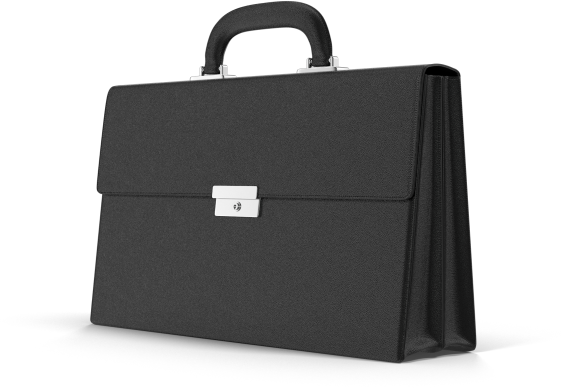What is an ETF?
An Exchange Traded Fund is a pool of funds invested in a set of assets and which – like shares – can be invested in through an exchange.
Register Now
What are the benefits of
Exchange Traded Funds (ETF)?
An ETF is an investment fund, usually operated by a financial services firm that owns assets, such as shares, commodities and derivatives. The fund manager divides ownership in the fund into shares that entitle the shareholder to dividends and/or other forms of profit. These shares may then be traded, either through the exchange or over-the-counter.
ETFs are usually characterised by the type of investments focused upon: an index, sector or region (currency), real estate, bonds and other fixed-income equities, commodities of one sort or another, and so forth.
The benefit of investing in an ETF is the ability to concentrate a wide spectrum of investment types (different asset classes, different instrument types) that all relate to a single definable topic (sector, aim, investment type). They are also relatively inexpensive to trade (low commissions) and are often more tax-efficient than the assets they cover.
The first ETFs were introduced in the late 1980s as a means of tracking stock indices. A decade later, the first sectorial ETFs made their appearance, and today, there are over 2000 ETFs trading in the US alone.


Types of ETFs
There are 6 main types of ETF:


